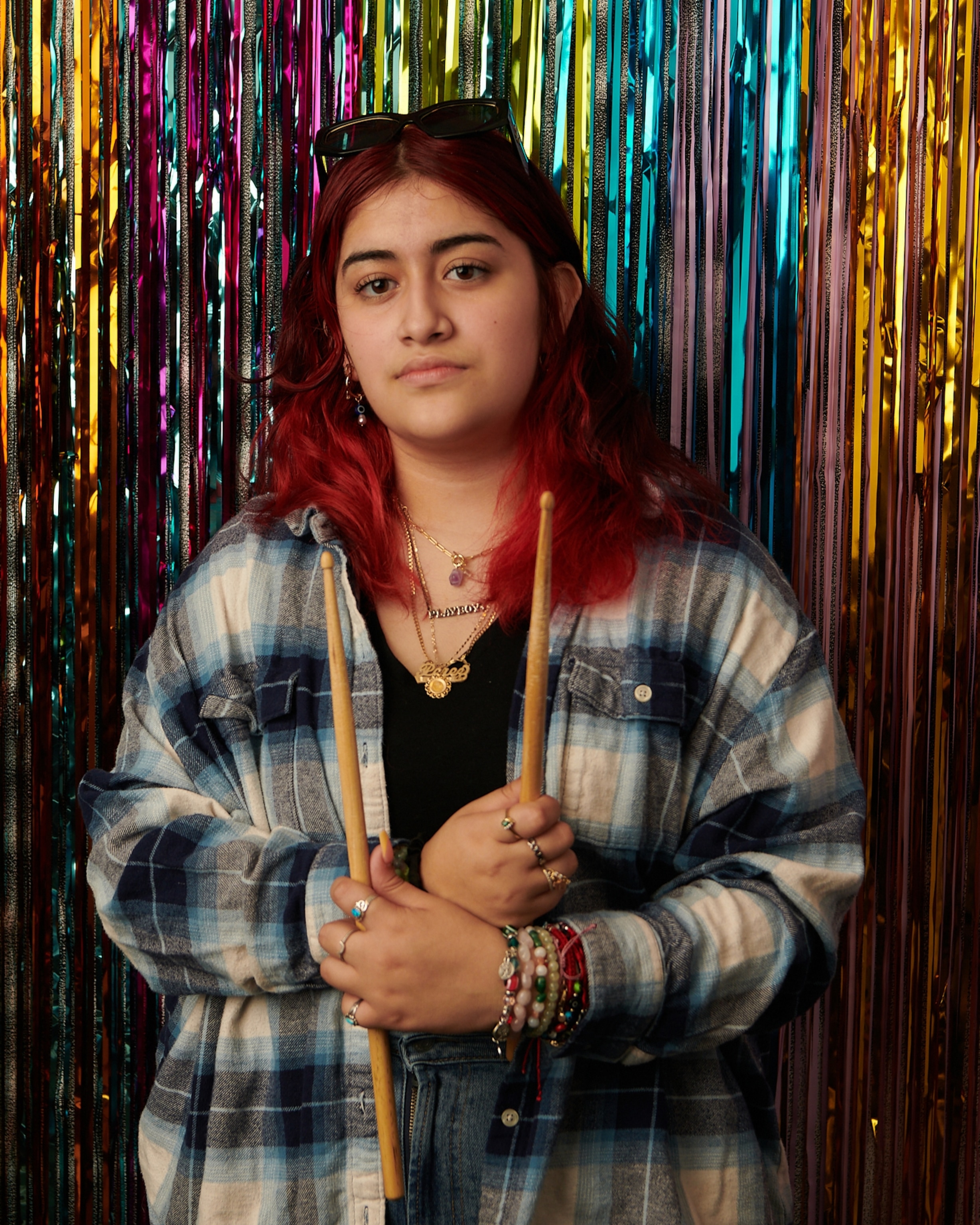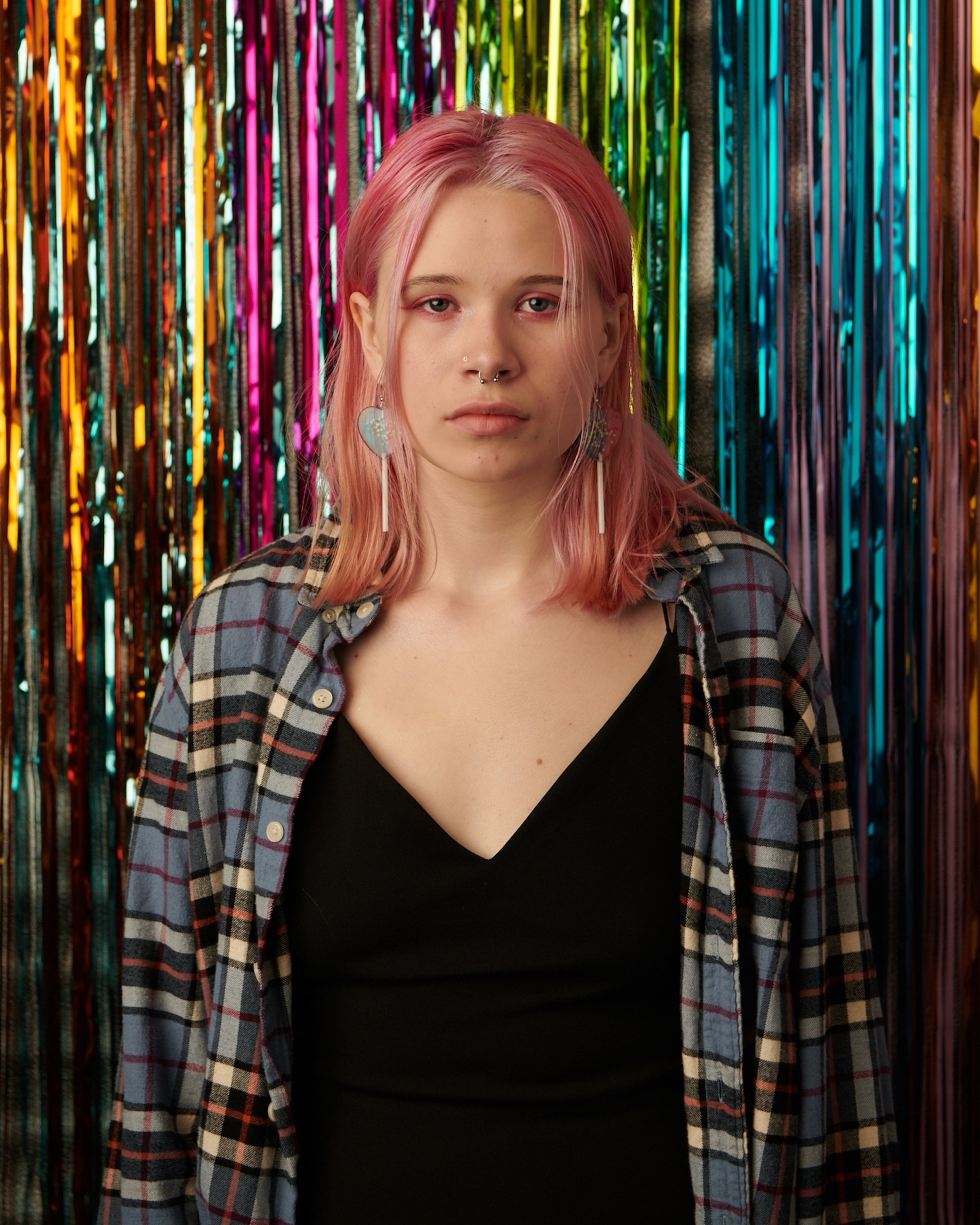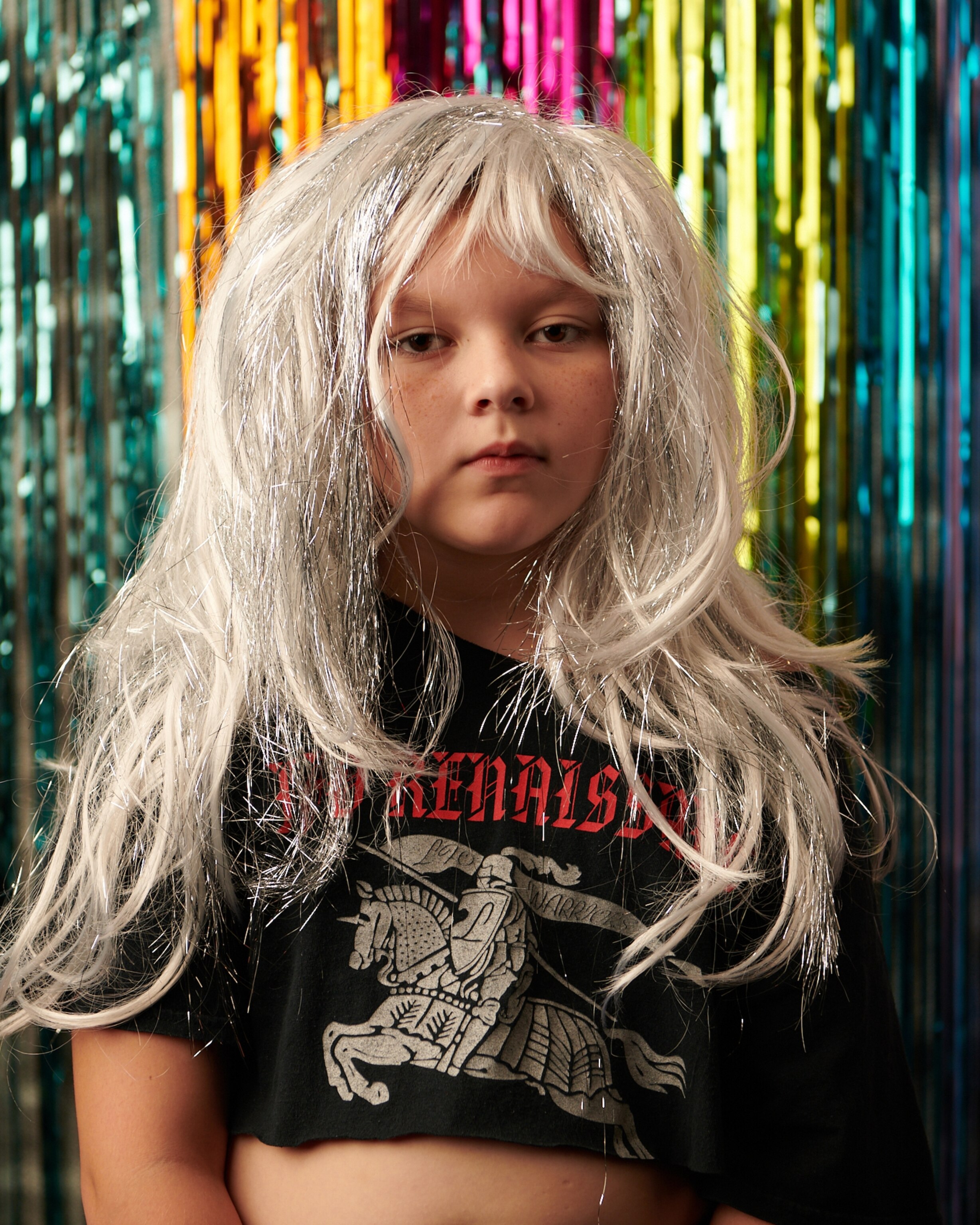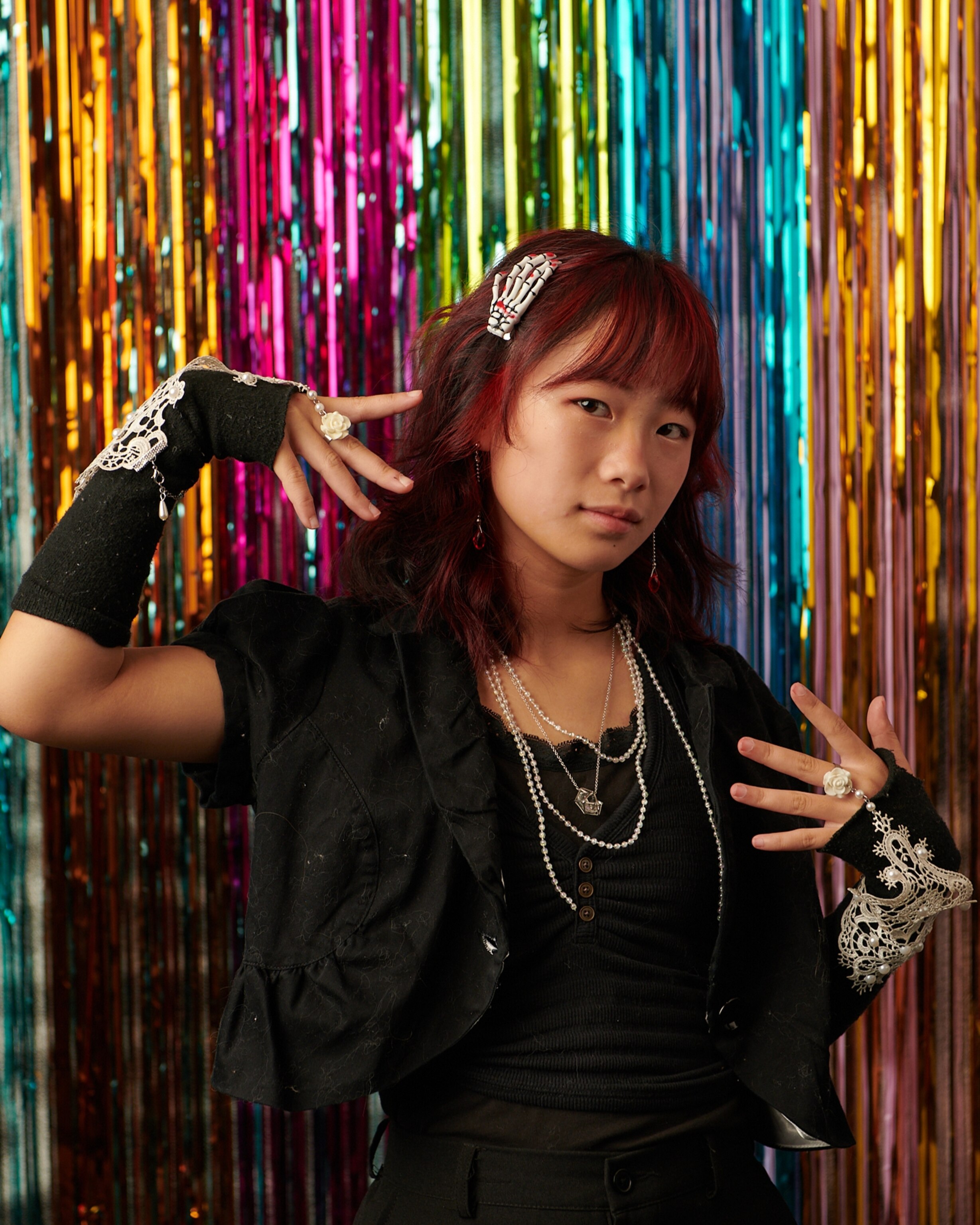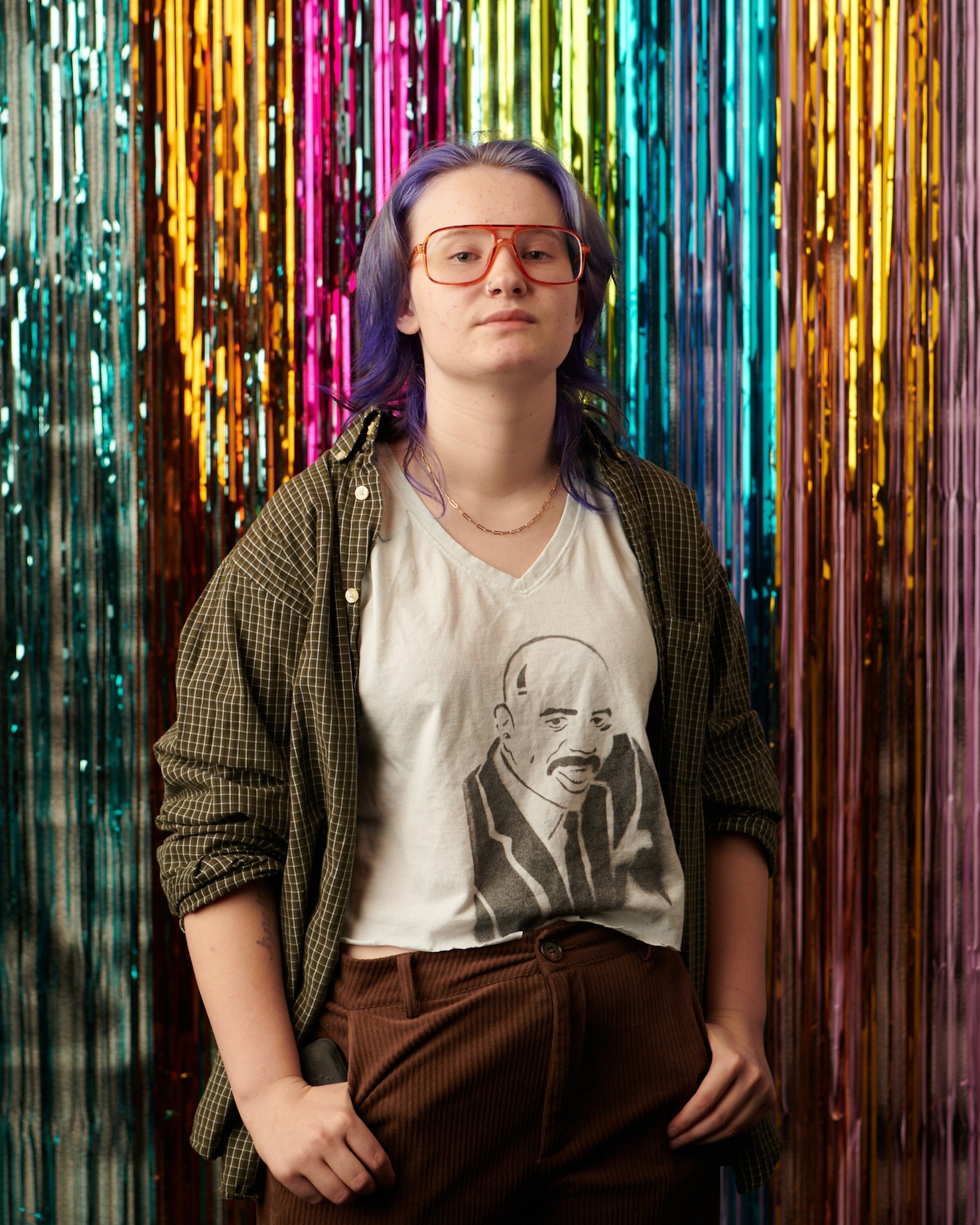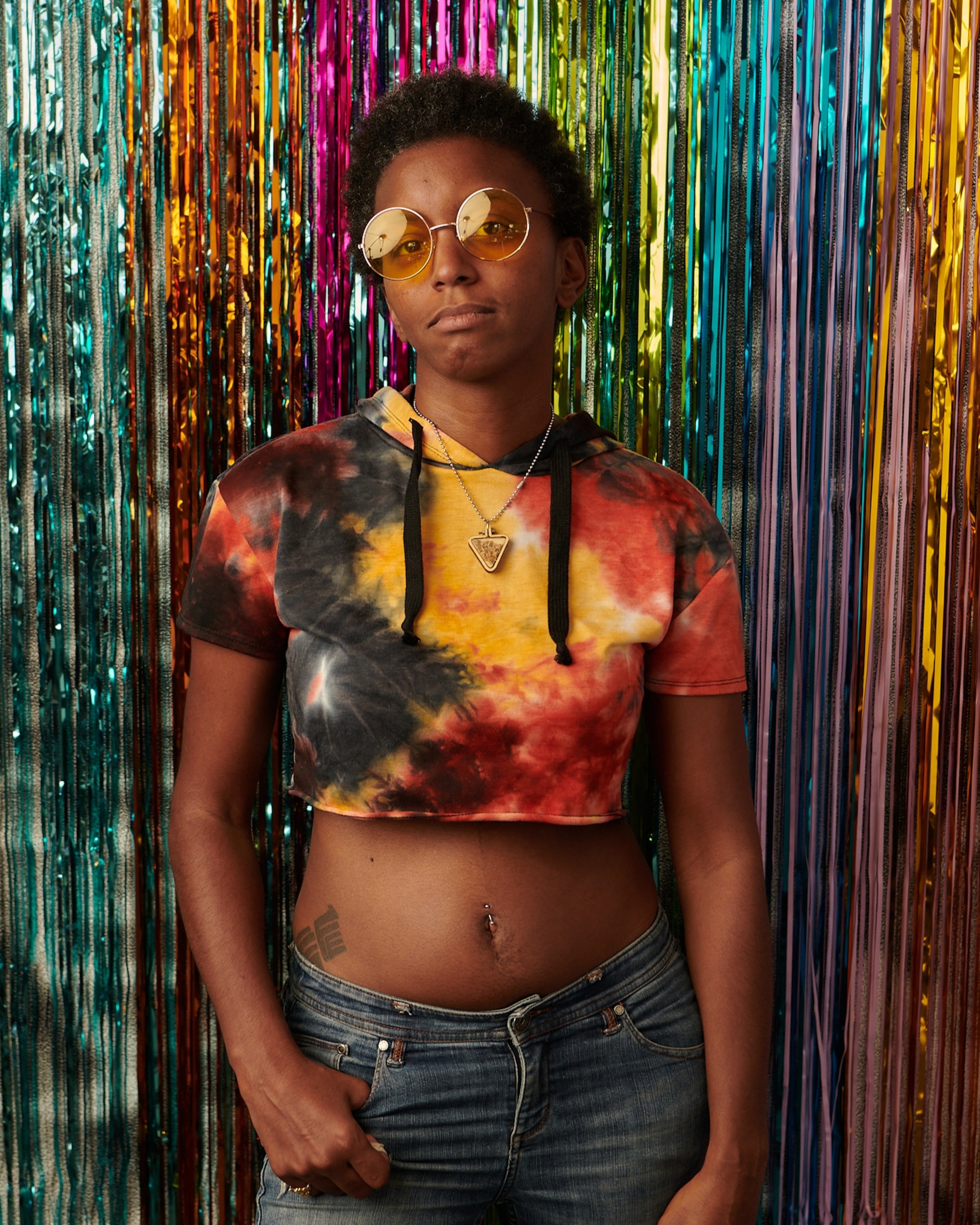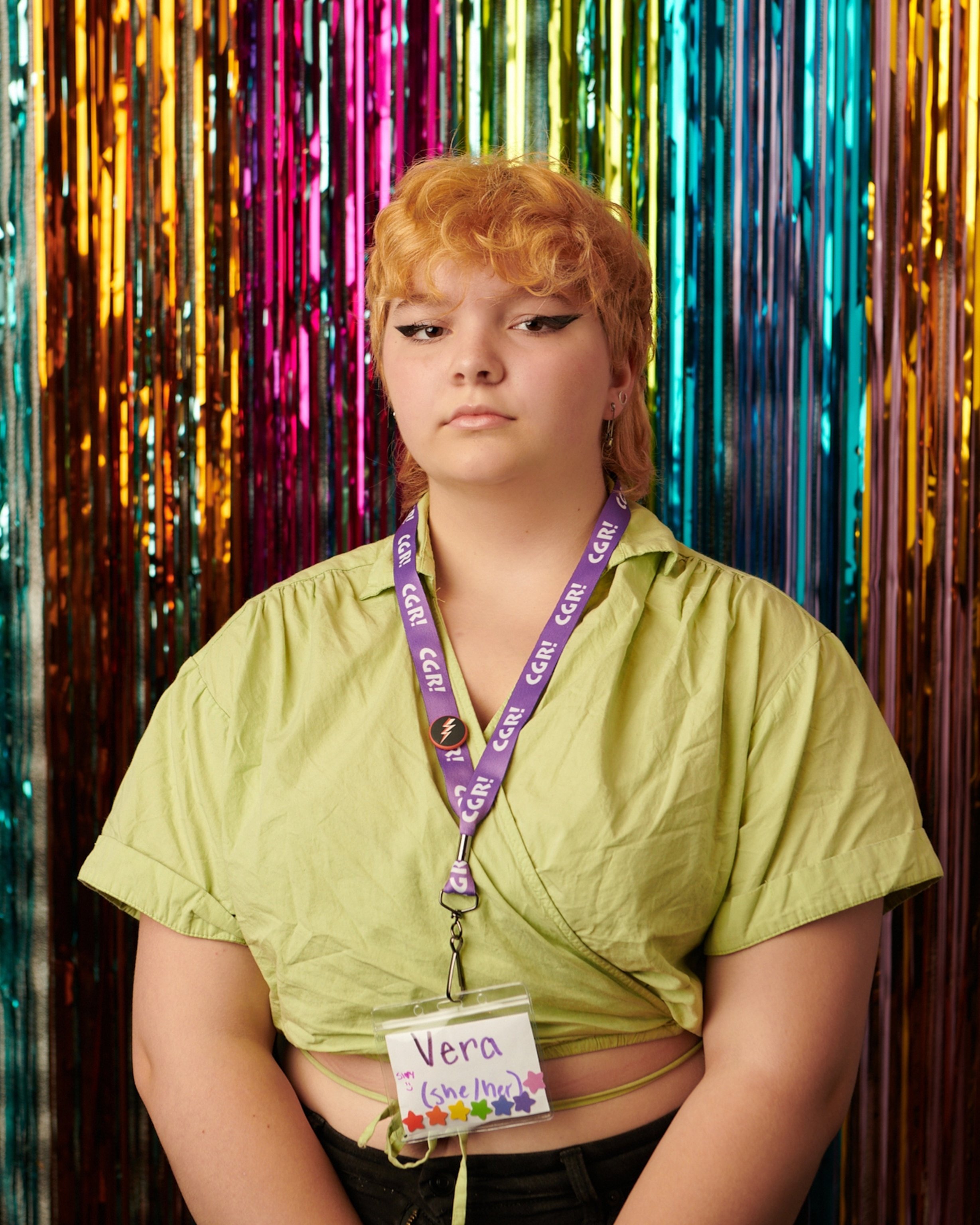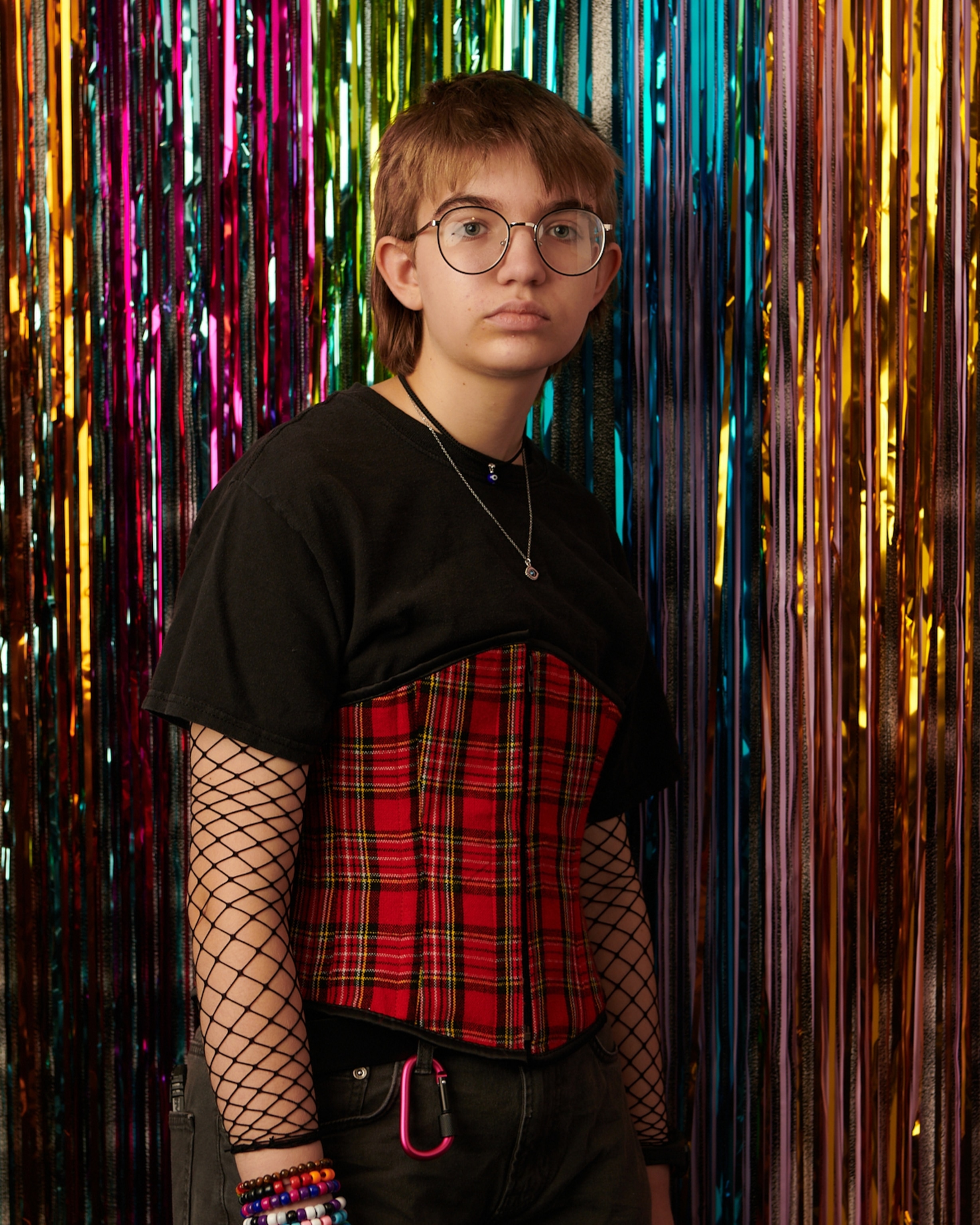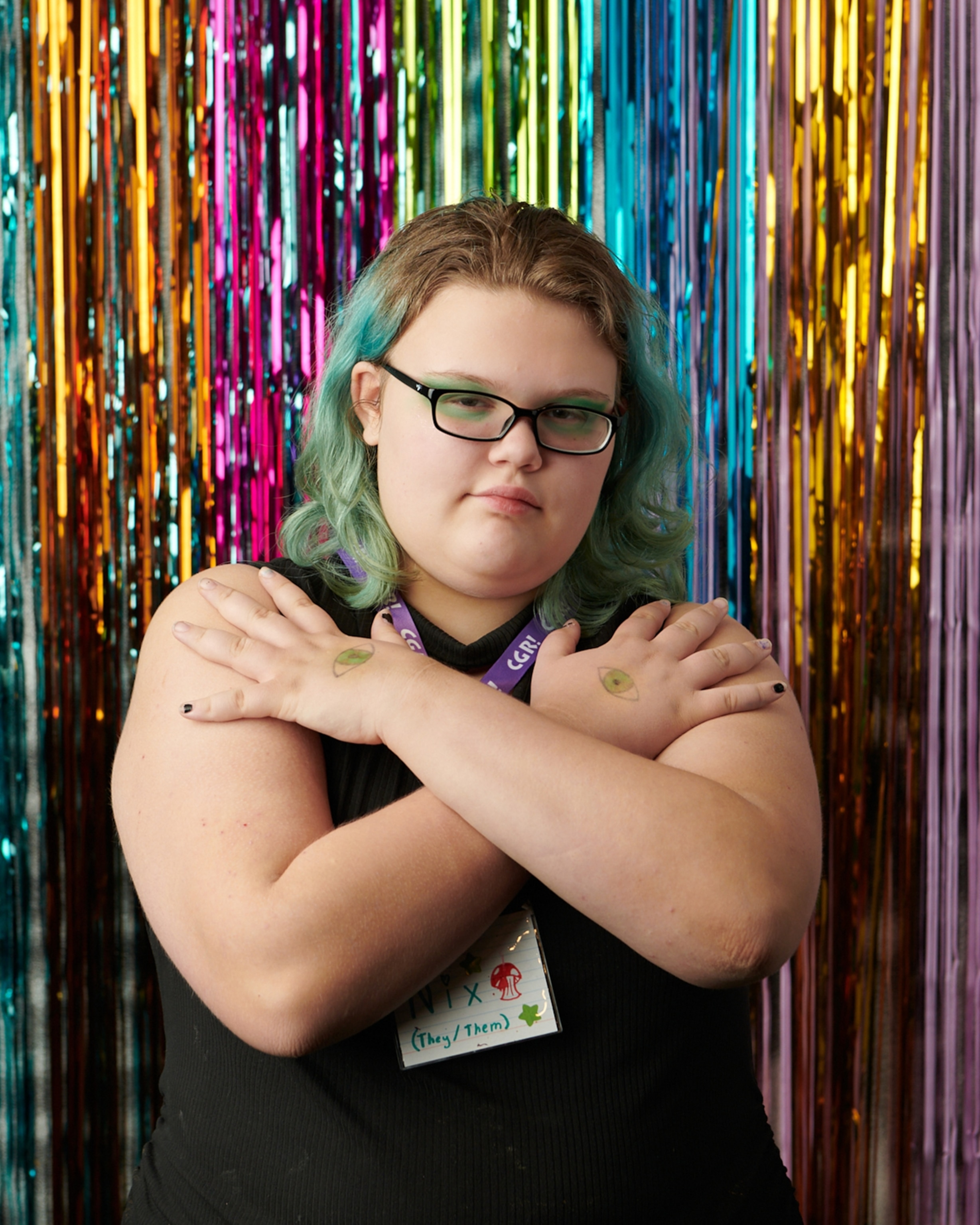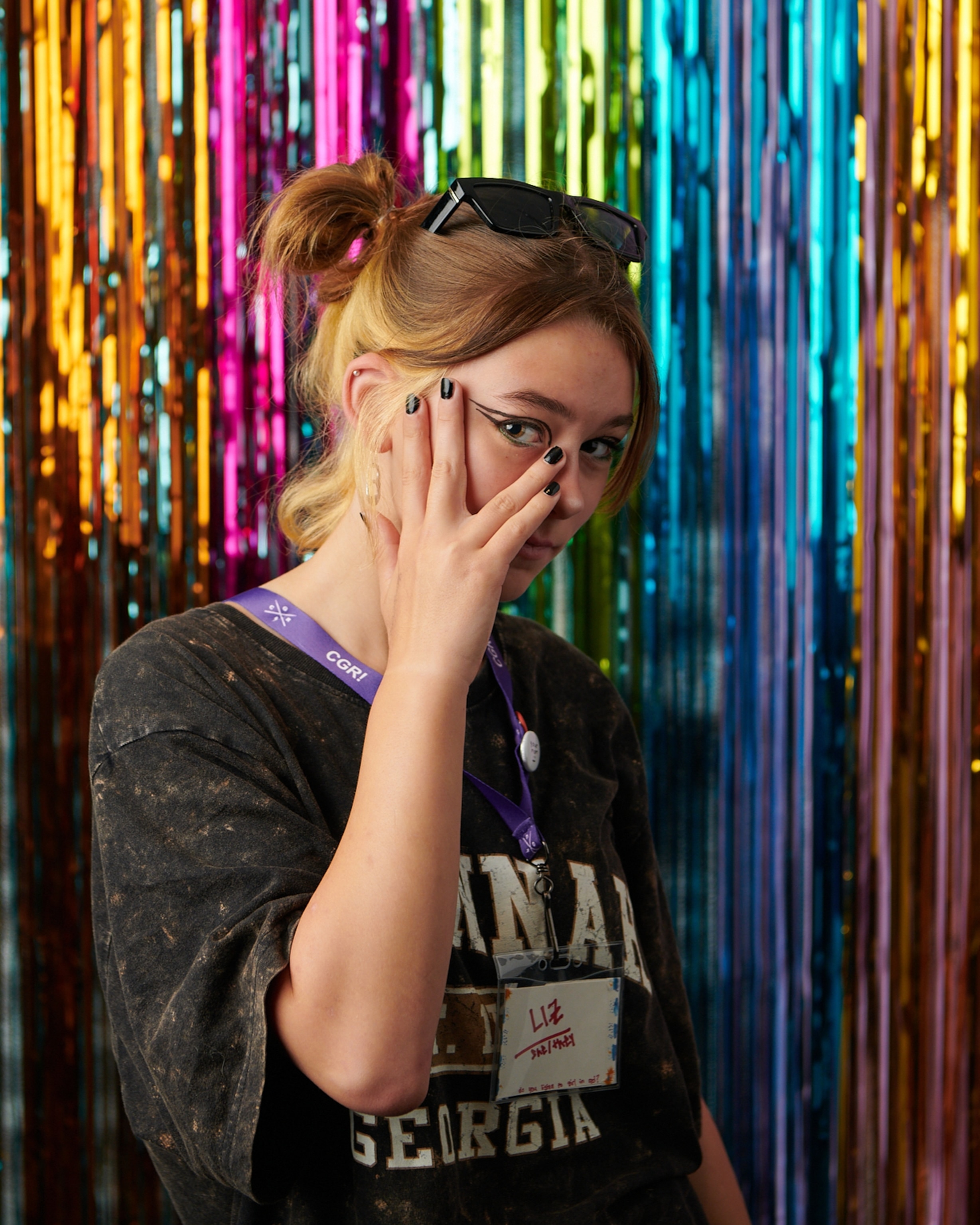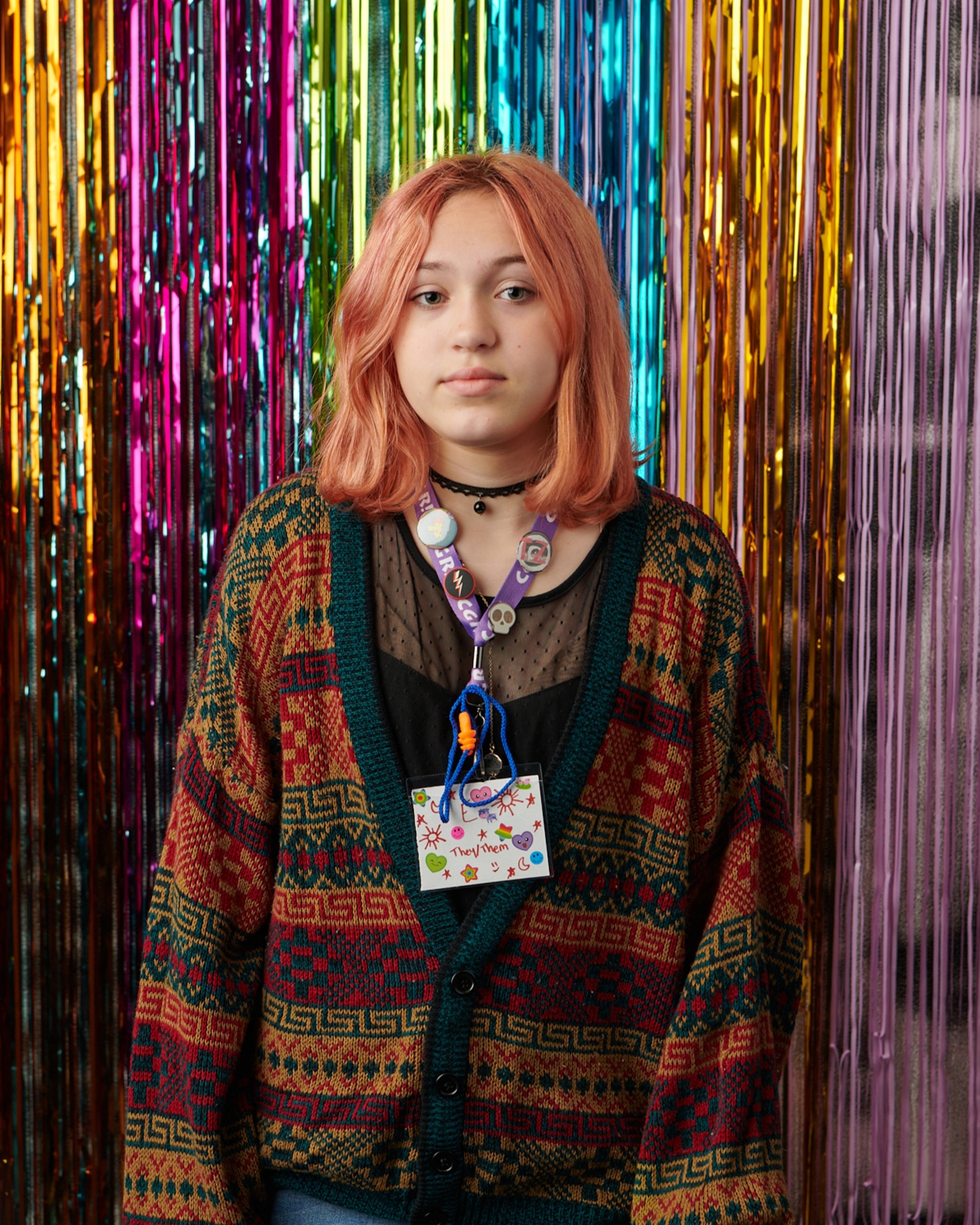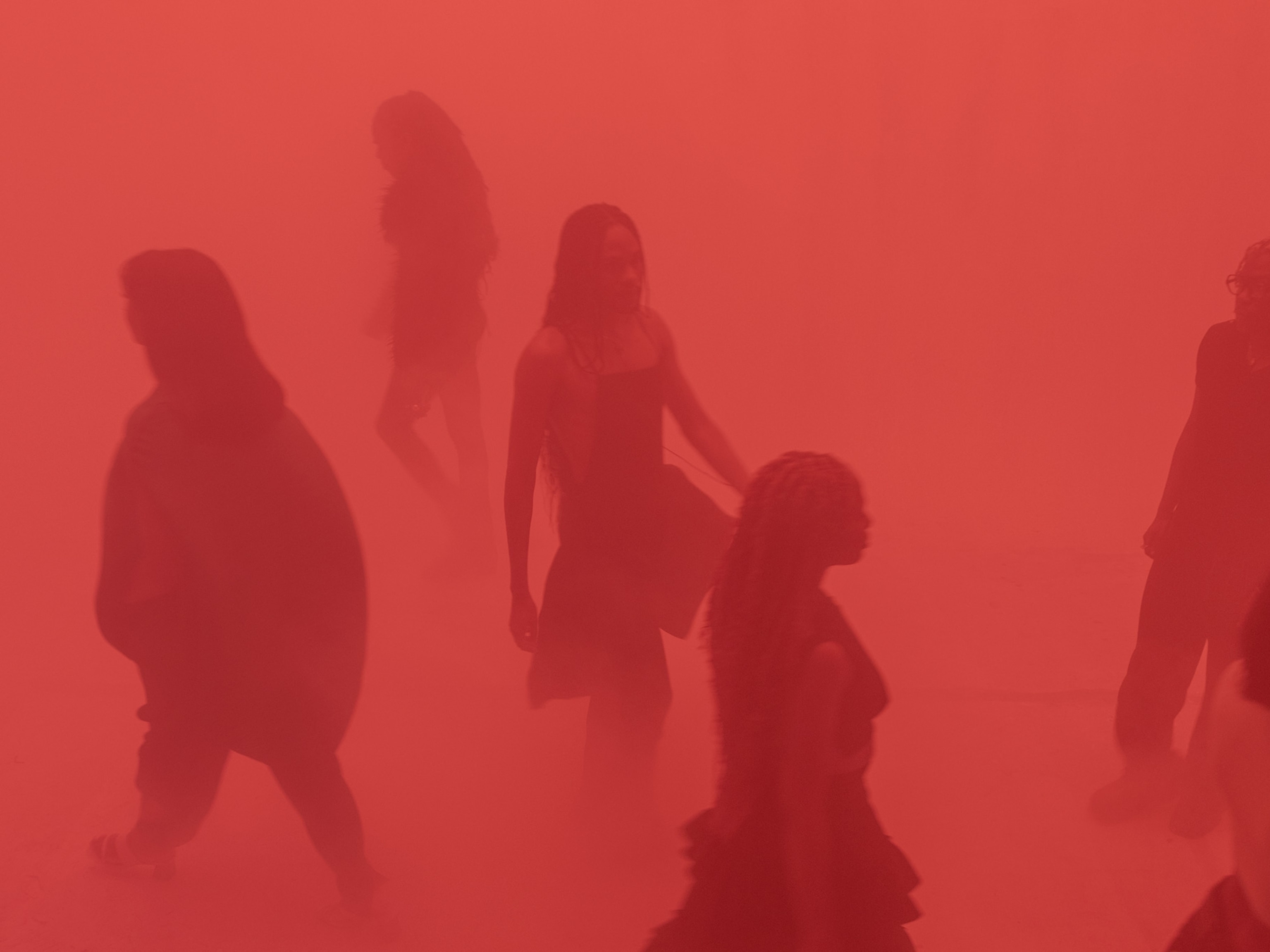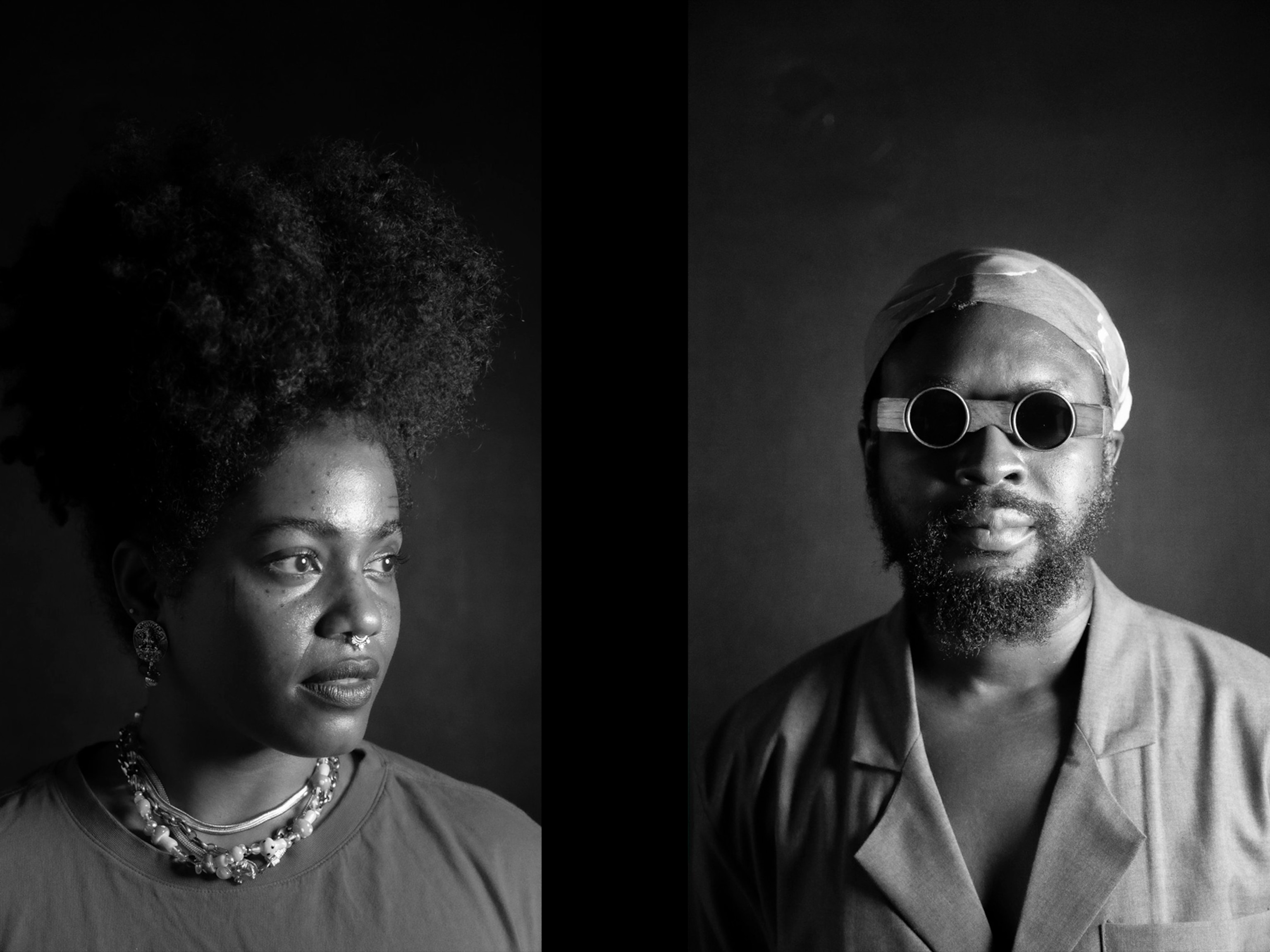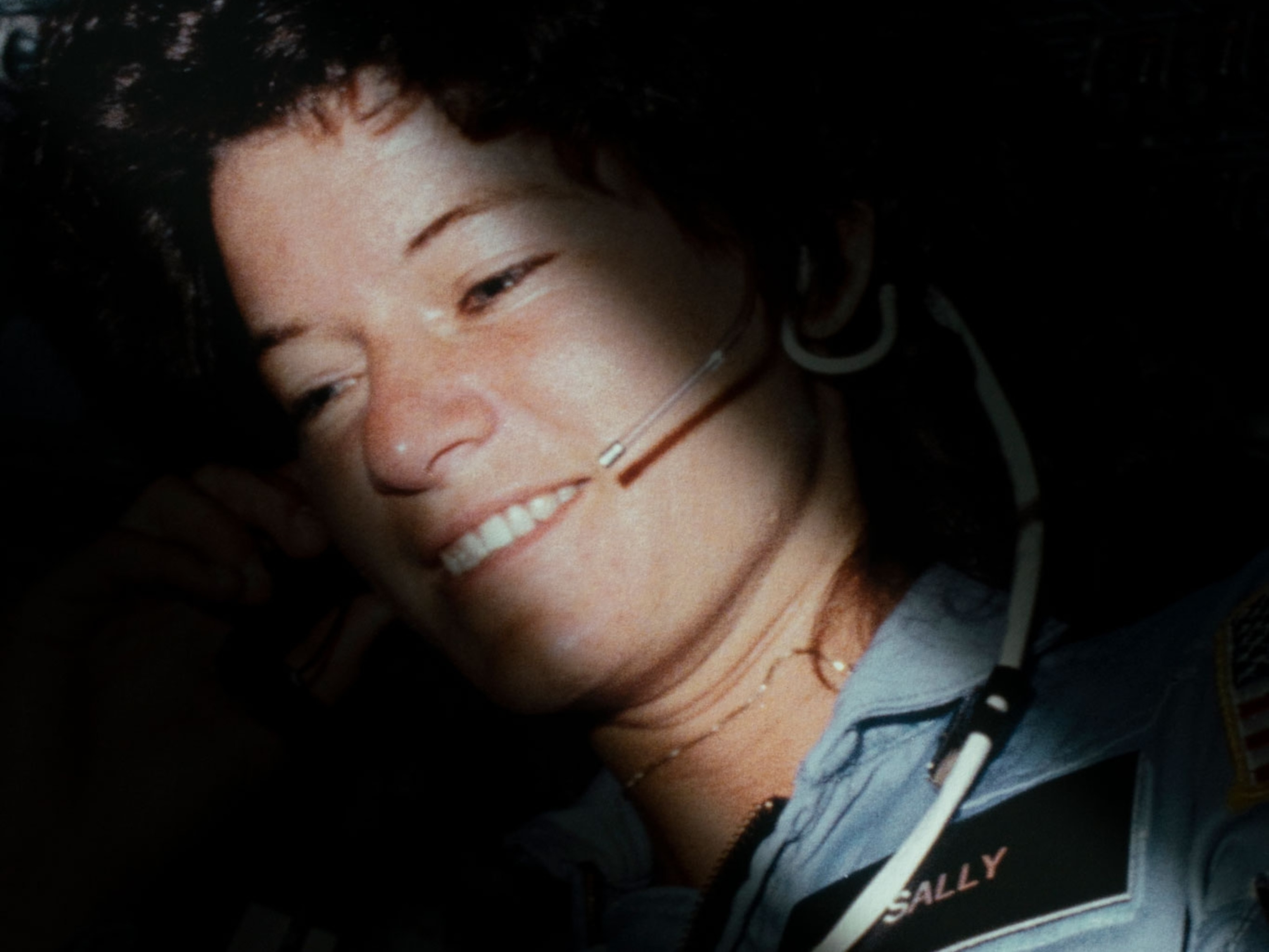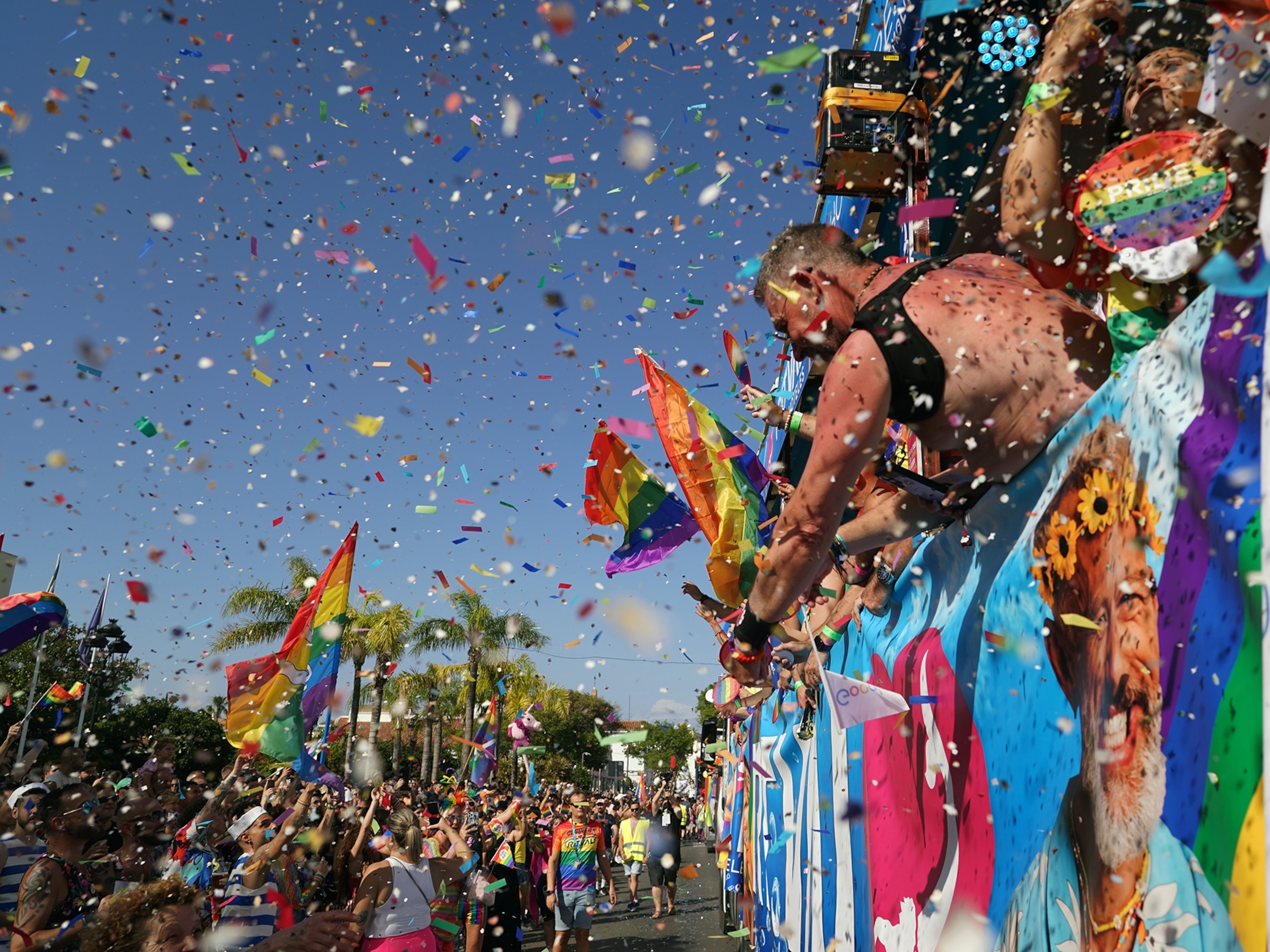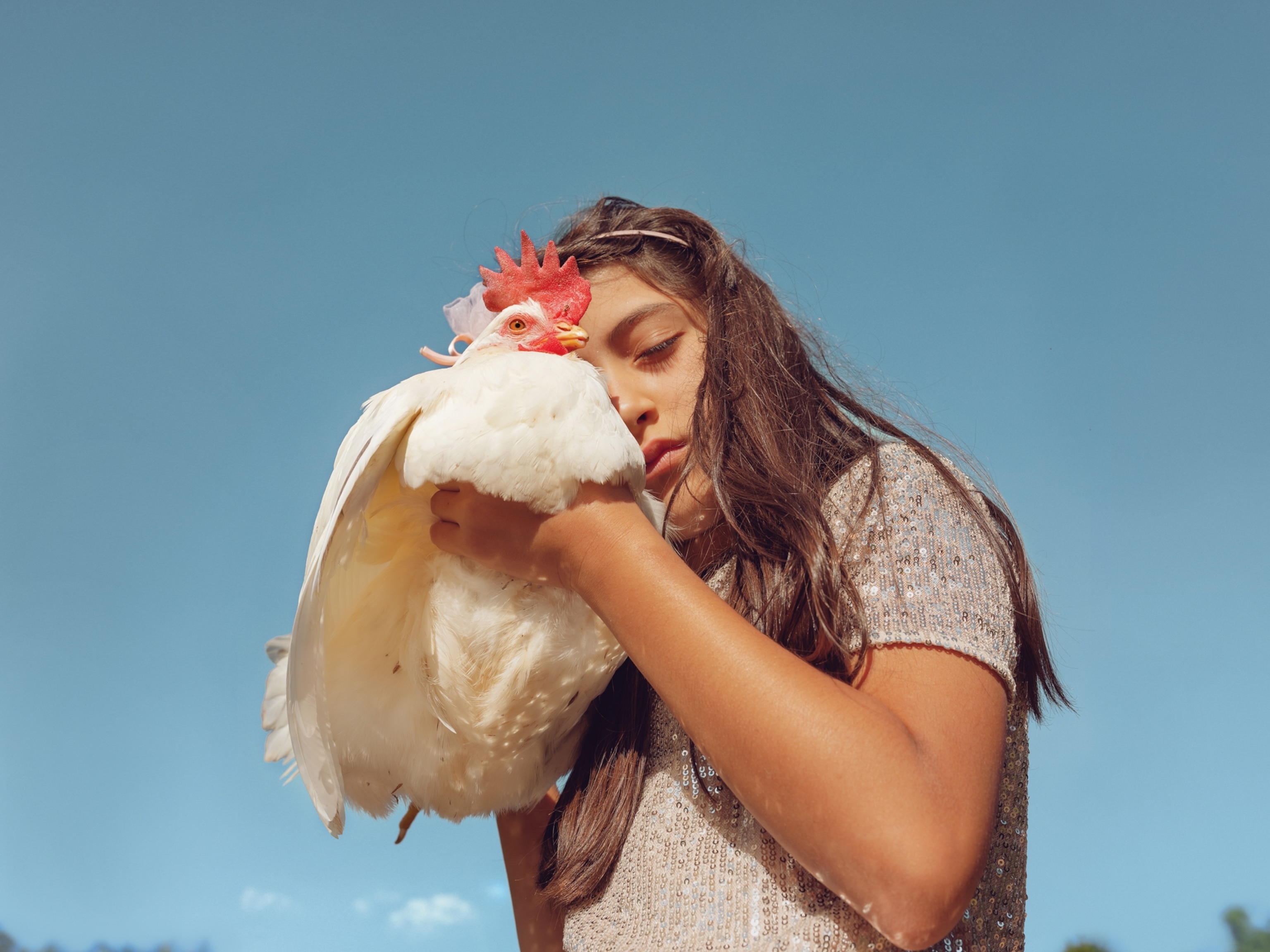Queer joy comes alive at this summer camp haven
"For so many kids in the south, there is no safe space to be a child.” A music camp in Tennessee welcomes all youth who identify as girls or non-binary to rock out.
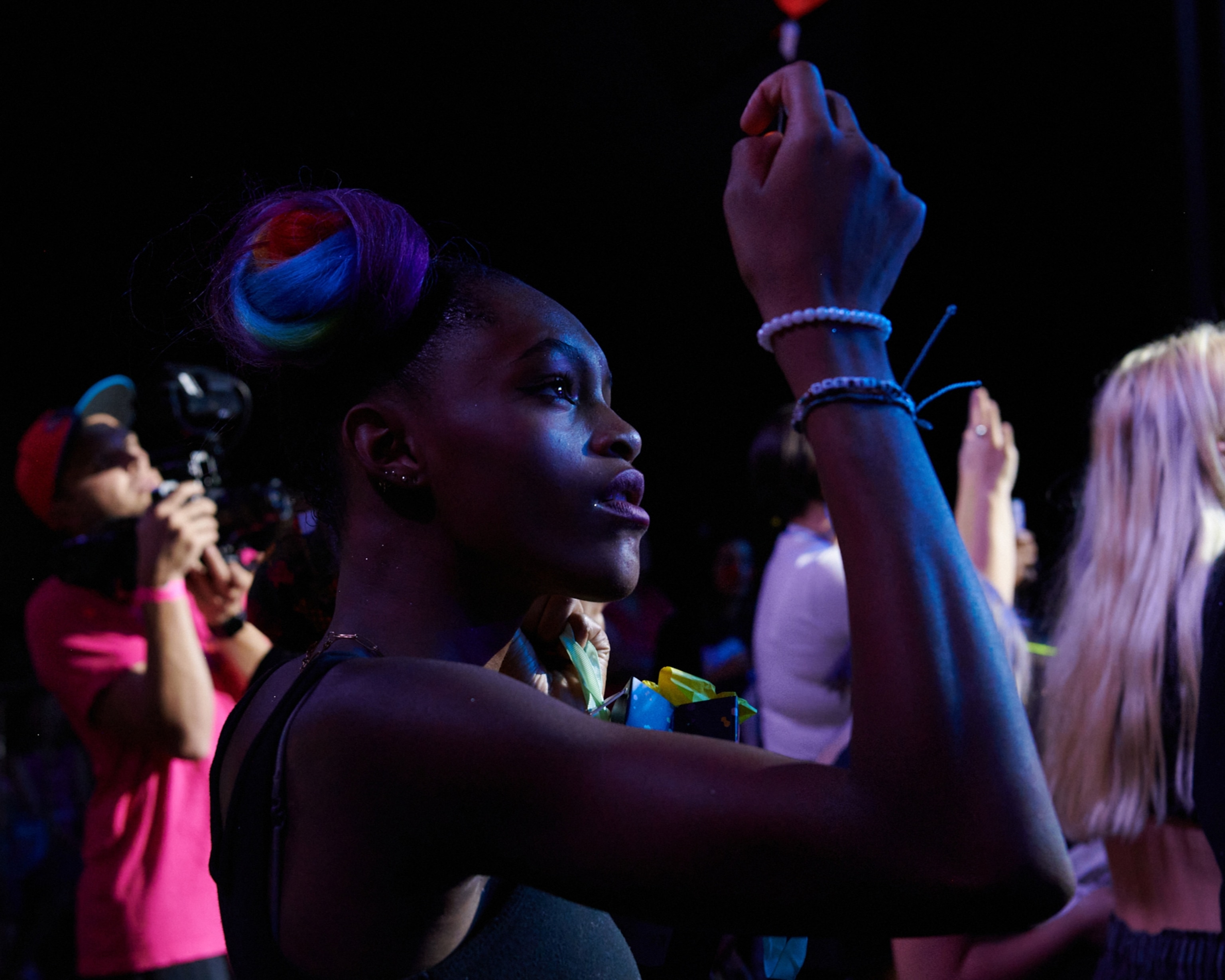
When I look at the below images what I see is queer joy.
These photos show some of the messiness and fun that is queer childhood. In one image, a child with purple hair holds onto another with an arm outstretched. They are smiling and running, looking like they feel free.
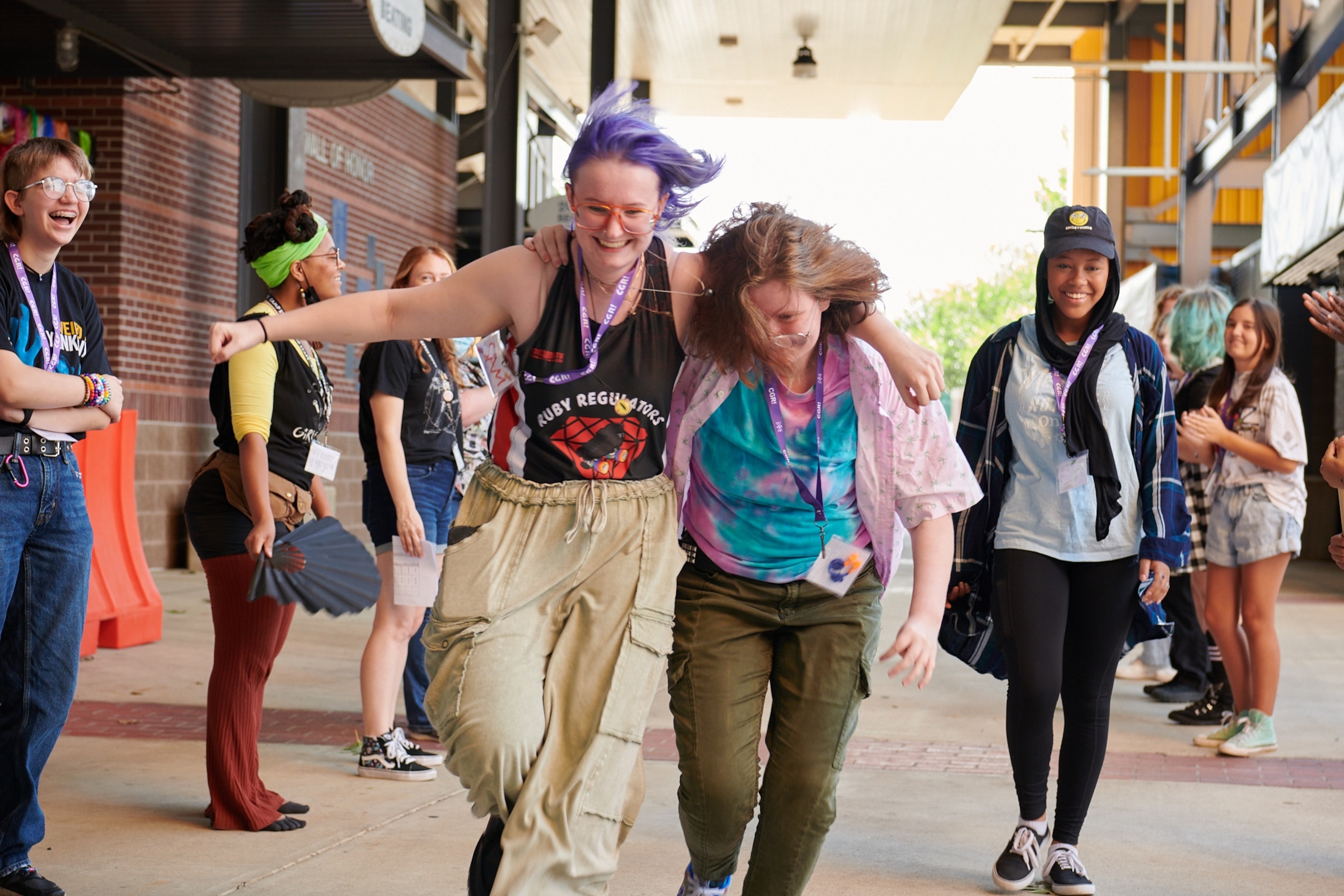
For so many kids in the south, there is no safe space to be a child and do things like those documented in the photographs—acts of embracing and leaning on each other, singing, gossiping, or telling each other secrets.
Many still fall prey to narratives that assume queers only exist in big cities. The reality is that queer folks everywhere often go through extremely complicated true lived experiences.
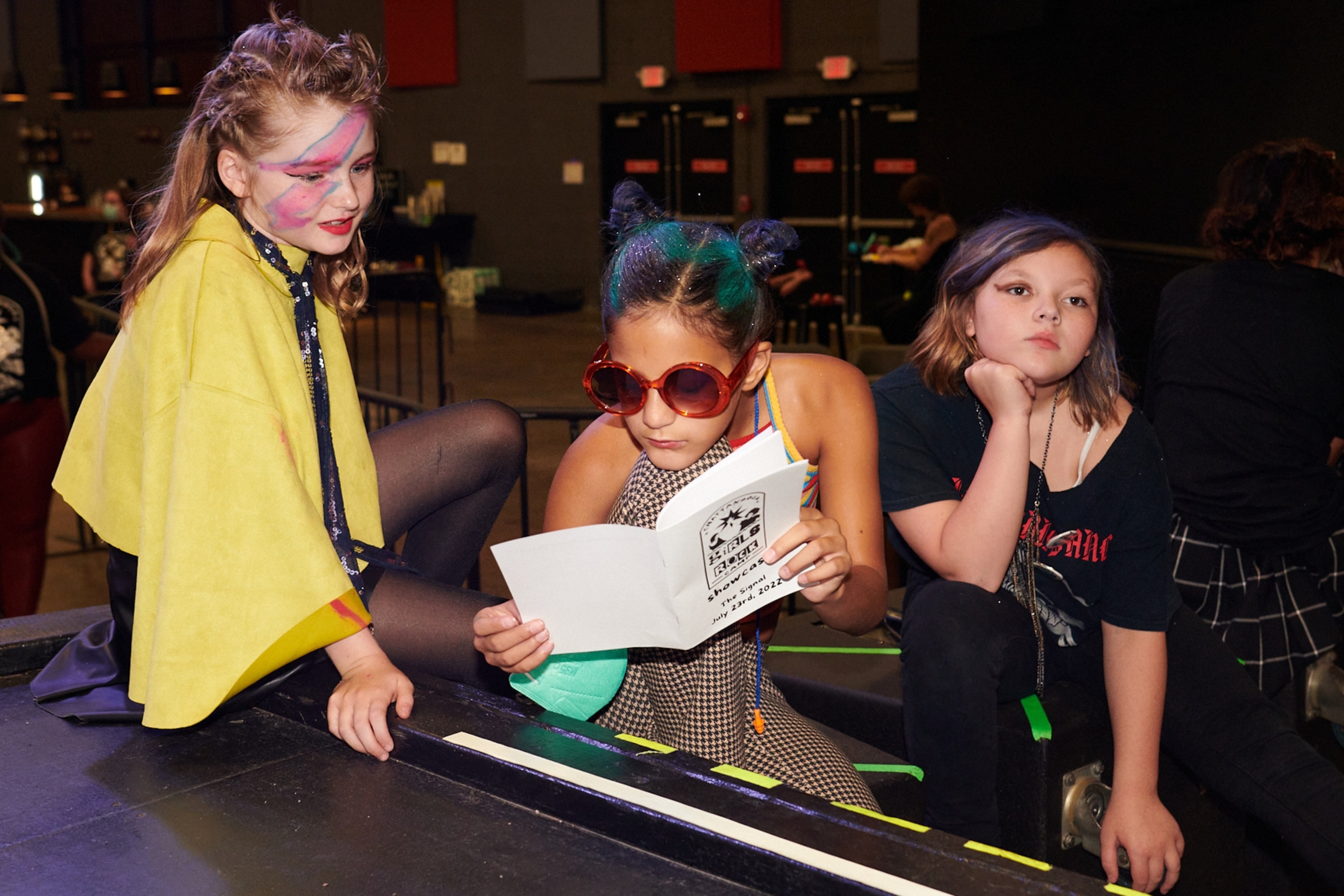
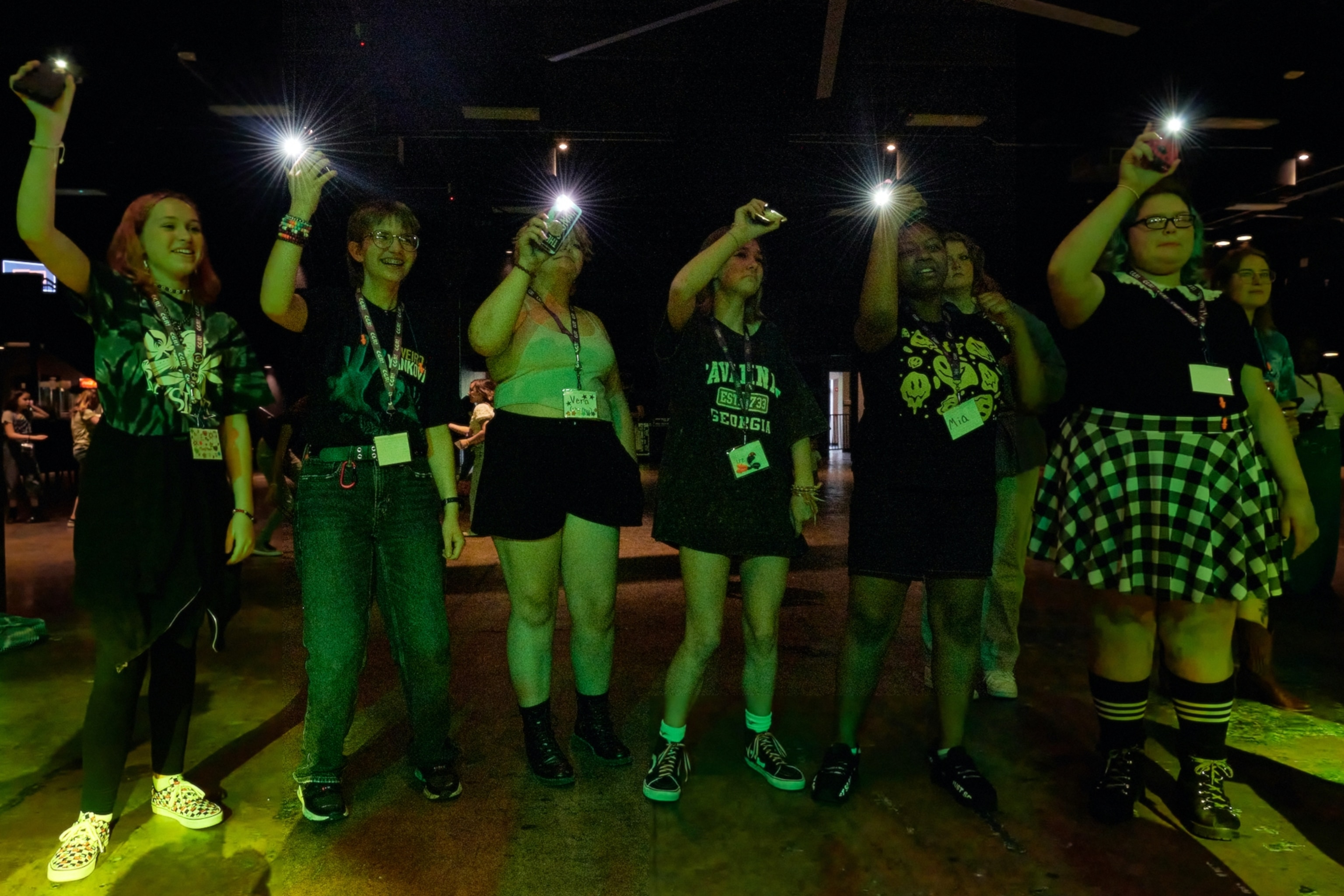
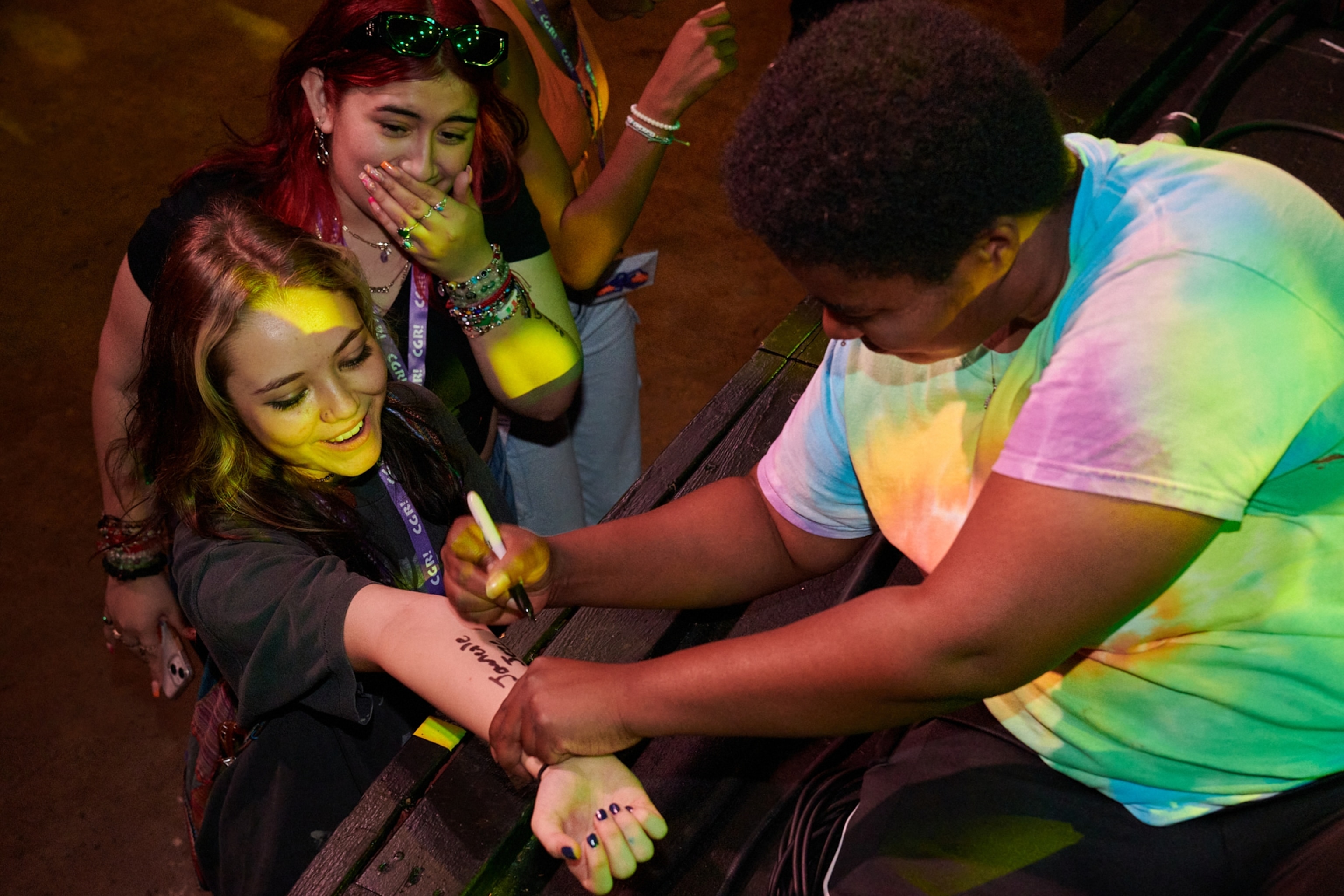
I was recently part of a panel discussion at the Southern Festival of Books in Nashville about queer organizing in Appalachia. At that event, an older woman, who identified as an ally, asked whether we thought our culture “had gone too far” in regard to transgender rights. Her 10-year-old grandchild had come out as transgender and the family questioned whether the child was actually trans or just confused. She pointed to various reports claiming that children were medically transitioning too early and regretting it later in life.
There was a long uneasy silence. I and another panelist identify as transgender and non-binary.
“No not really,” the other non-binary panelist replied. “I haven’t seen a negative with kids getting to express themselves more.”
After collecting my thoughts, I responded with a story about my sister who had come out a few years ago as a lesbian around the age of 11 and how her childhood and relationship with her queerness was so different from mine.
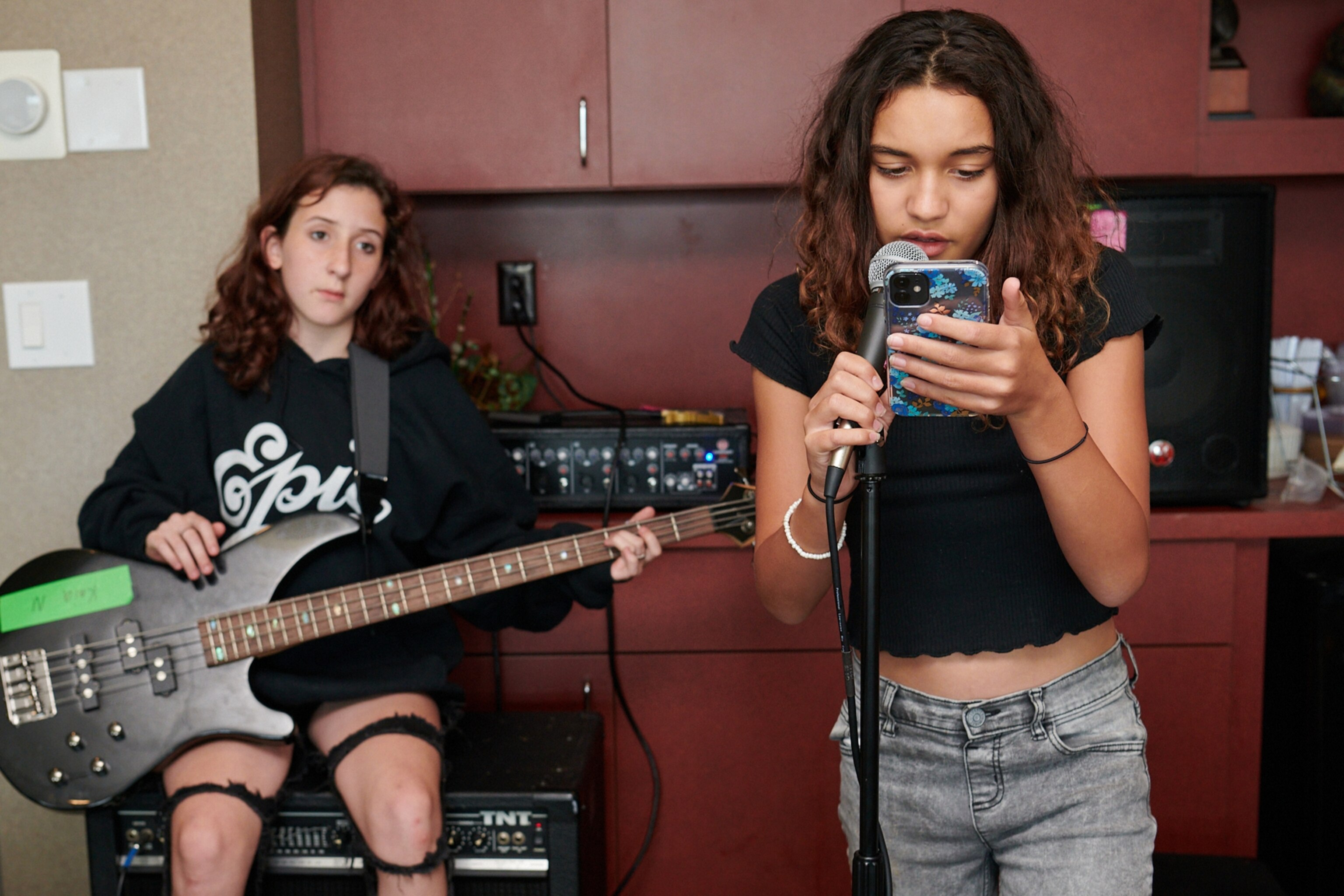
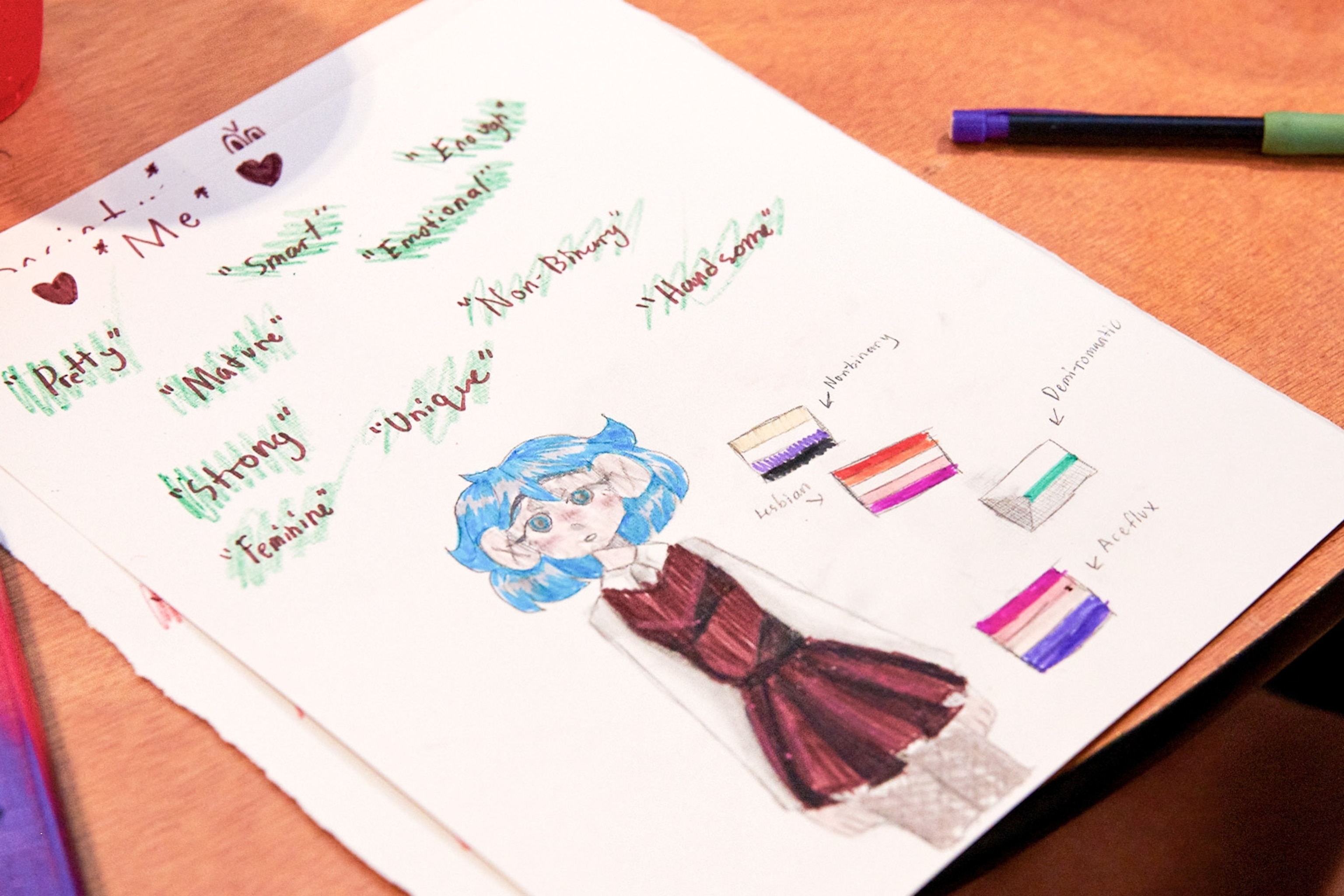
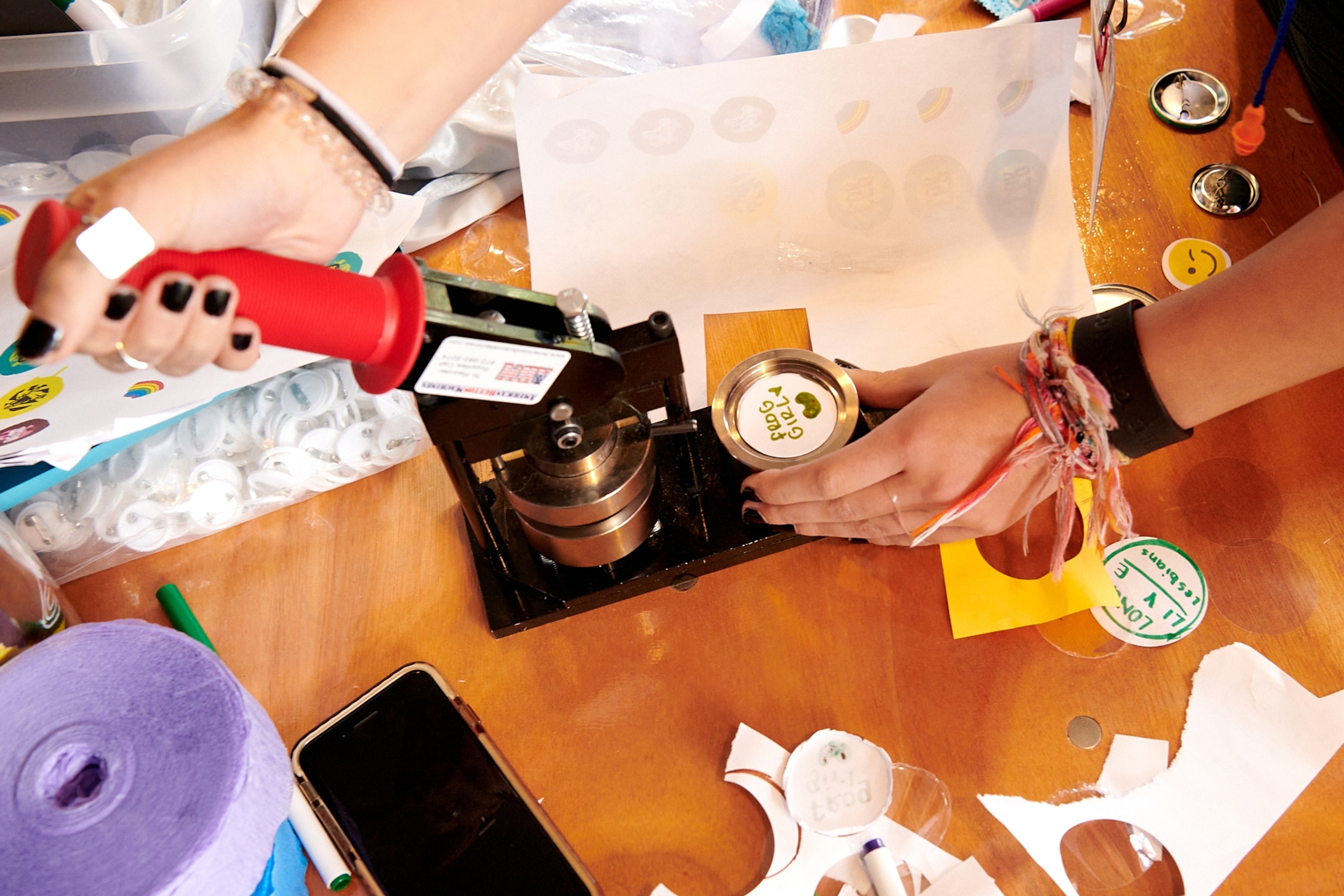
“I think there’s this fear,” I said, “that if children have access to a queer vocabulary and hormones that children are going to make a mistake. But a lot of kids who identify as cisgender and heterosexual do so from a very young age. For me and my friends, we were never given the option to even consider naming ourselves or thinking through our gender and sexuality, which caused a lot of harm to us. Meanwhile, my sister came out and her friends were so cool with it, and her other friend was inspired to come out as non-binary. It is so cool to me that kids can have the language that I didn’t have at their age and I’m so proud that the work we’ve all done has opened that space for them. My siblings can see me being able to exist as trans and queer and know that that is an option for them. When I was a kid, I thought that I didn’t have that opportunity to exist as queer.”
Various summer camps provide a safe space for kids who self-identify as transgender and non-binary to express themselves. These children are the future generation of our queer communities and deserve the freedom and security to find themselves with the mentorship, support, and protection of the adults in their lives.
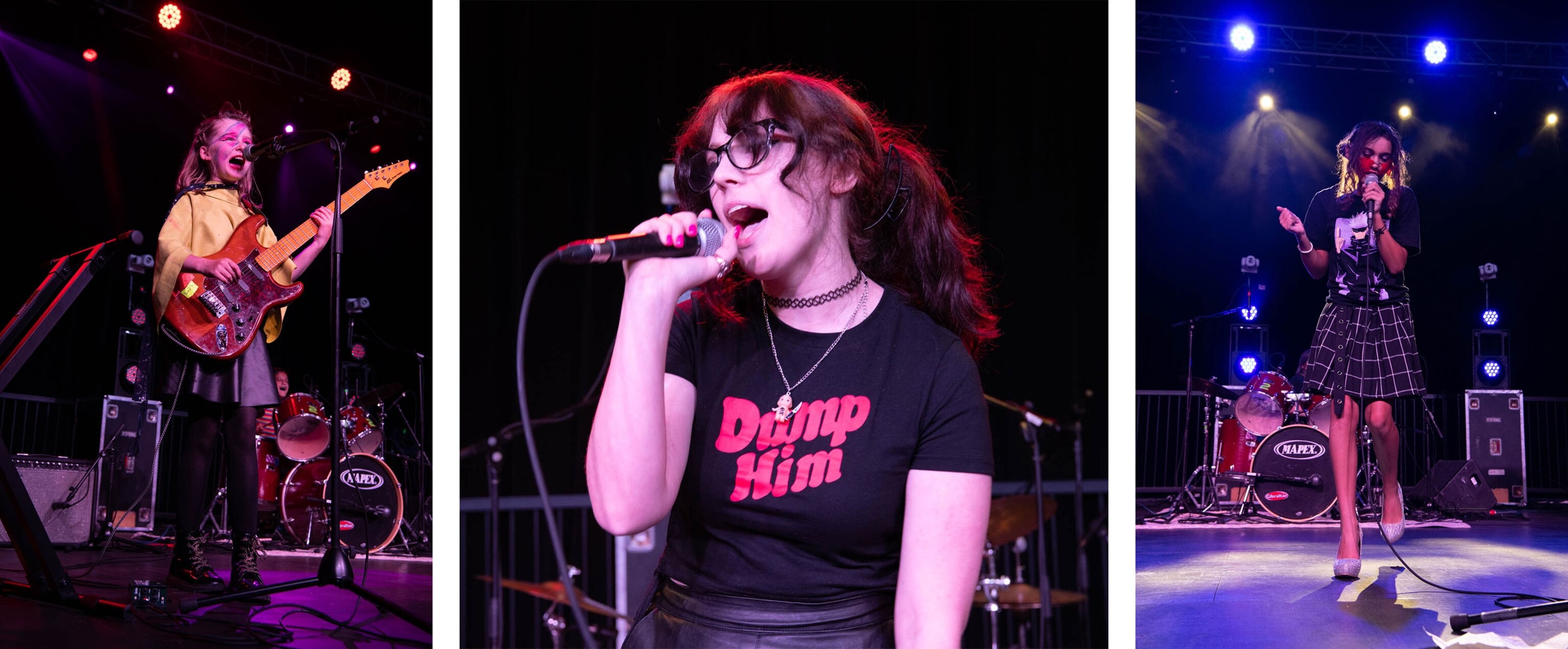
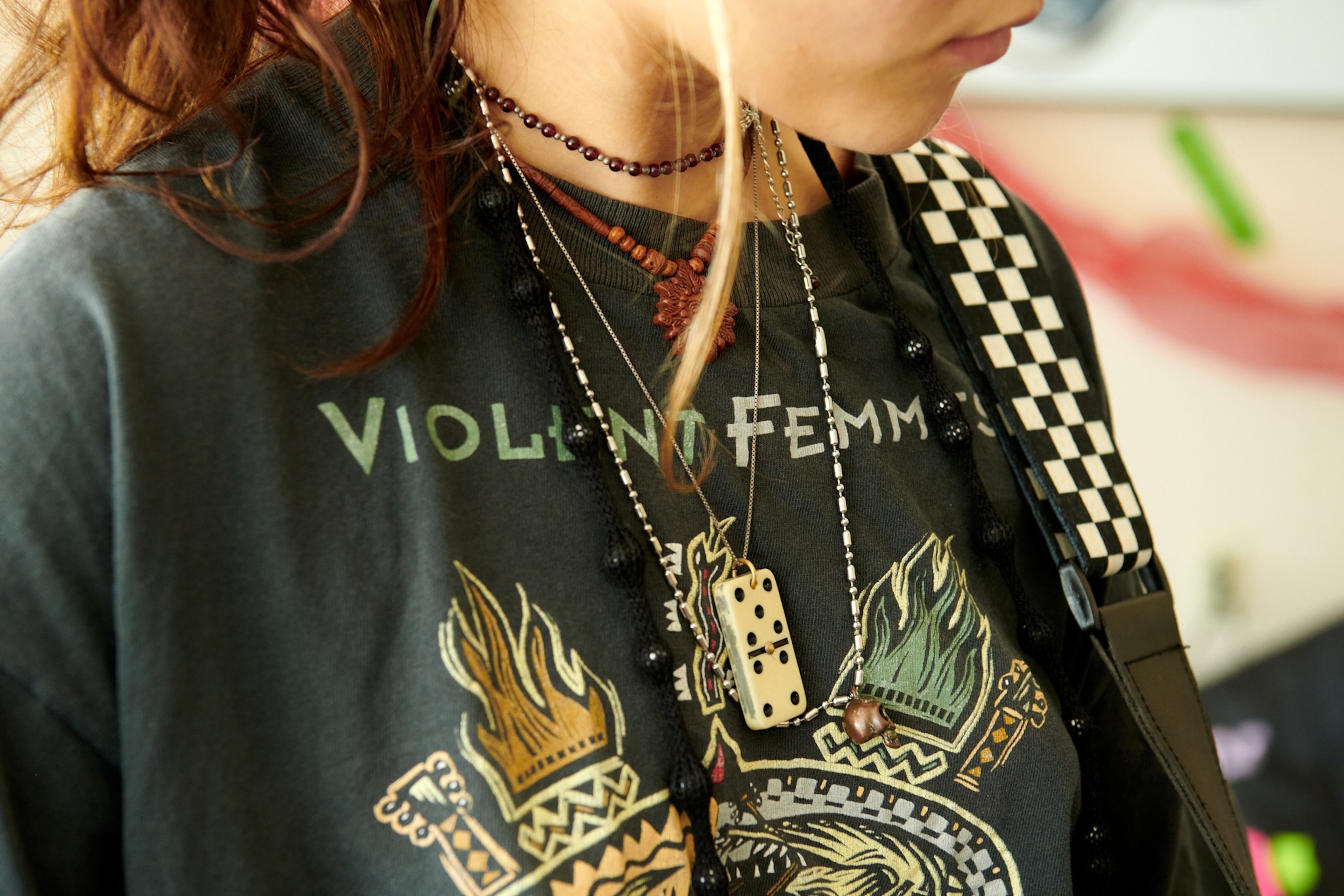
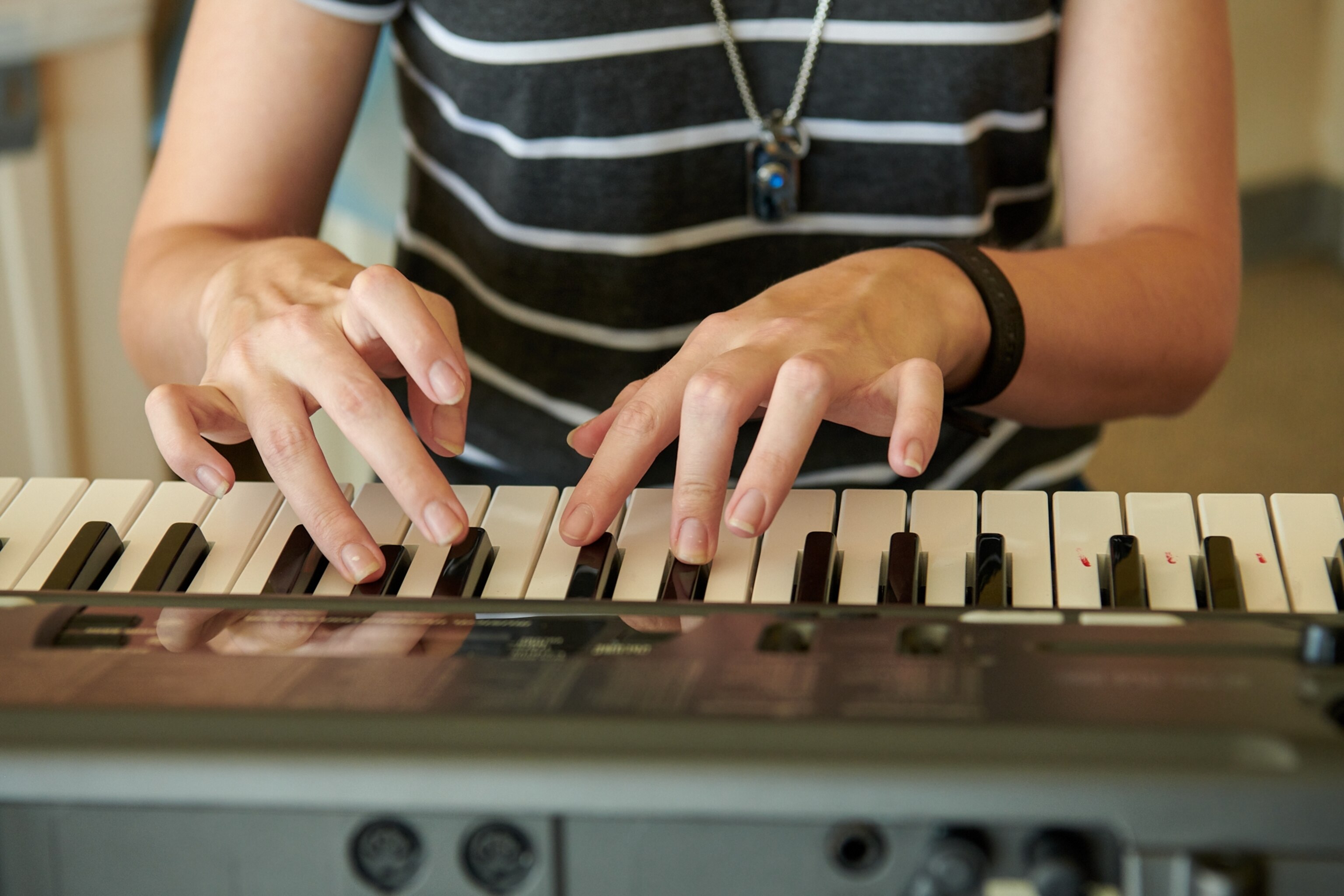

Zane McNeill, 27, is a non-binary activist-writer from West Virginia and the editor of the book Y’all Means All: The Emerging Voices Queering Appalachia.
